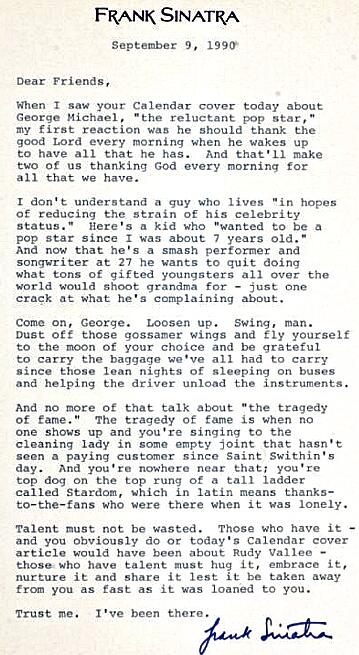
The several hundred Japanese players who go head-to-head against these import players are given the chance to compete and learn ... and raise the standard of Japanese basketball. It's not an immediate occurrence. Improvement may happen in almost unnoticeable steps. But the influx of foreigners to Japan basketball, what with the growth of the bj-league and, to a lesser extent, the NBL (as it morphed from the JBL into its current name in 2013) is a good thing.
Japanese fans, players, coaches and media I have interacted with recognize the excitement level that foreigners bring to the game here -- dunks, fast-break layups, blocks, etc. -- are all a part of it. The added height and the swagger and aggressive play of the foreign players does not go unnoticed.
But figuring out how to market that aspect of the game has not gone particularly well for either league. The percentage of coverage the pro game receives in the Japan's major newspapers and magazines is microscopic in comparison to other sports.
As one item of evidence, the updated home attendance figures released after Sunday's games point that out. Only six of the 35 combined teams in the two leagues are averaging more than 2,000 fans a game. And of the bj-league's 22 teams, 14 are averaging less than 1,500, with five less than 1,000 a game (including Oita's league-worst 691 per-game average). The NBL's worst attendance average belongs to Wakayama (594).
This is an epidemic.
This isn't just numbers on a spreadsheet.
So what does all this mean? Somebody - a smart group or a visionary leader -- is needed to raise the level of promotions, to figure out a way to convince the movers and shakers at media companies that the sport ought to get big, bold, nonstop coverage in print, radio and TV, online the expanding range of mobile and tablet applications, too.
None of the teams cited above has must-read, must-see coverage on a nationwide scale. Nor do any of the star players on any of the 35 teams. Those things are needed to begin moving the sport in the right direction in a country where the only basketball player many people know by name is Yuta Tabuse, whose NBA career lasted four games.
Taking risks are necessary to break out of the current level of mediocrity that the sport is stuck in.
Read above how Frank Sinatra, as featured in a letter published to the Los Angeles Times, viewed the role of fame and reaching out to attain goals -- doing it with gusto and persistence. And pride.
The talents of the players in Japan's two top leagues are not being maximized by the mass media and promotional powers of this country to grow the game and educate the public about the teams, their players and their skills.
So, as a necessary step forward, getting the media to cover the sport on a year-round basis is an absolute objective the sport's leaders need to being pushing for.
 RSS Feed
RSS Feed
